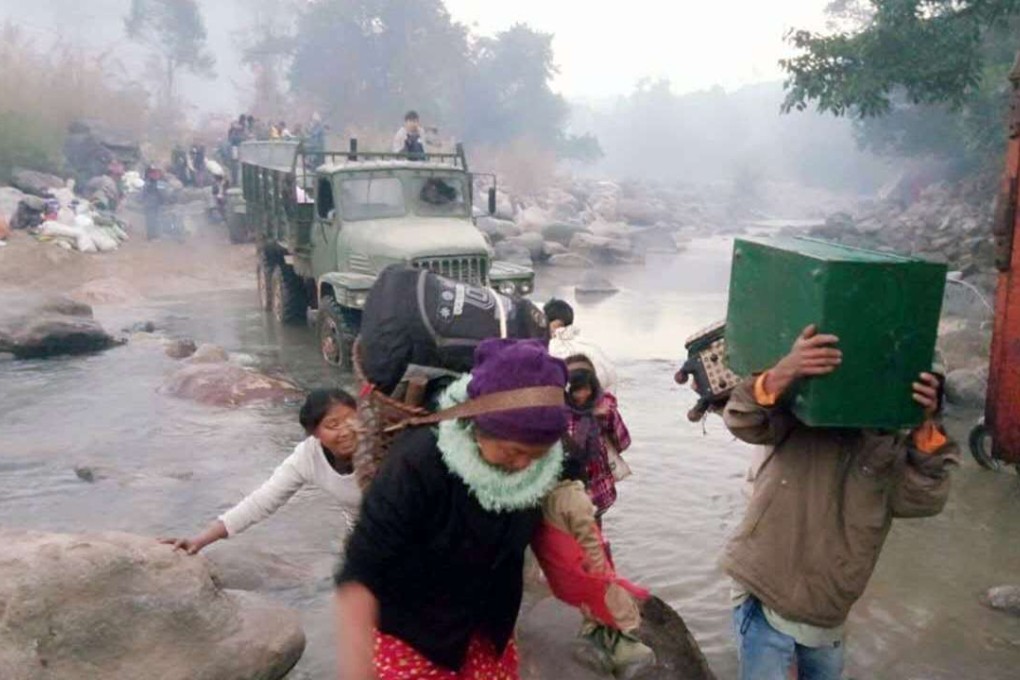Oil pipeline to Myanmar ‘at risk from rebels’
China must also address environmental concerns of the local population

Although a crude-oil pipeline from Myanmar to China is finally running, its operations still face serious risks from the conflict in northern Myanmar, observers said.
Analysts said the pipeline – which began running last Monday and extends for 2,520km from Kyaukpyu through Muse in Myanmar before entering China at Ruili in Yunnan province – is vulnerable during conflicts.
Three armed ethnic groups in northern Myanmar launched simultaneous surprise attacks on government military outposts and police stations in Muse and Kutkai townships last November, temporarily halting cross-border trade and prompting thousands of Myanmese to seek asylum in China.
“During extreme fighting, the pipeline’s service might be halted or even stopped,” said Peng Nian, an international studies specialist from Hong Kong Baptist University.
Peng said such attacks could be used in a bid to get Beijing’s attention by hurting its economic interests, since China had recently taken a harsher stance towards Myanmar’s rebel groups.
The Myanmar National Democratic Alliance Army, which has clashed with government forces for years, said last month that the Agricultural Bank of China was no longer accepting funds into an account it used to receive donations from supporters.